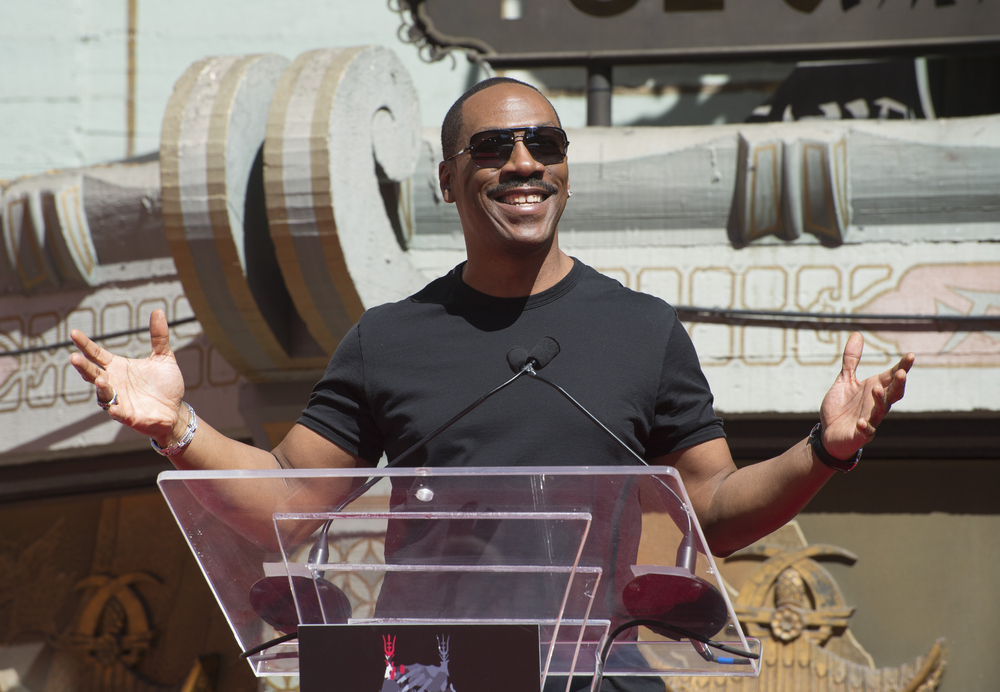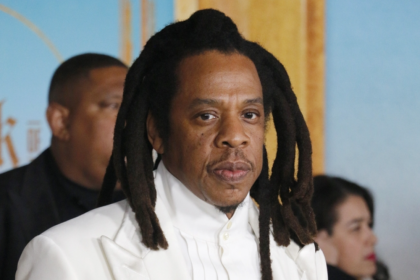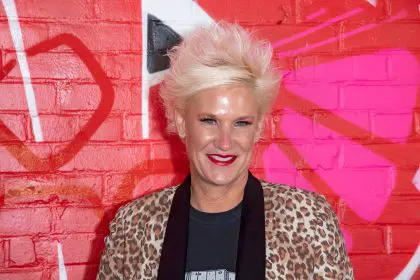Eddie Murphy, who joined the cast of “Saturday Night Live” (“SNL”) at the tender age of 19, is often credited with defining the show’s golden era from 1980 to 1985. His unique comedic style revitalized “SNL” and set the stage for his future success in Hollywood.
The spark of controversy
Despite his monumental success, Murphy’s relationship with “SNL” was not without its tensions. A significant rift was caused by a joke made by fellow “SNL” cast member David Spade in 1995. During a “Hollywood Minute” segment, Spade quipped, “Look children, it’s a falling star. Make a wish,” as a picture of Murphy appeared on screen. This joke, which came shortly after the release of Murphy’s less successful film Vampire in Brooklyn, deeply hurt Murphy, who felt betrayed by the “SNL” family.
Murphy expressed his disappointment in an interview with The New York Times, revealing that the joke had racist undertones and was approved by the show’s producers, which compounded his feelings of betrayal.
Reconciliation and return
The controversy led to a 20-year hiatus from “SNL” for Murphy, during which he focused on his film career. It wasn’t until the 40th anniversary of “SNL” in 2015 that Murphy returned, followed by another hosting gig in 2019. The long-standing tension was reportedly resolved after Spade and Murphy addressed the past, as detailed in Spade’s 2015 memoir.
Legacy and influence
Eddie Murphy’s time on “SNL” is remembered not just for the laughter he brought into homes but also for the path it paved for his subsequent career in the film industry. His experiences on the show, both positive and challenging, highlight the complexities of comedy, celebrity, and the dynamics within long-standing television shows like “SNL.”

















